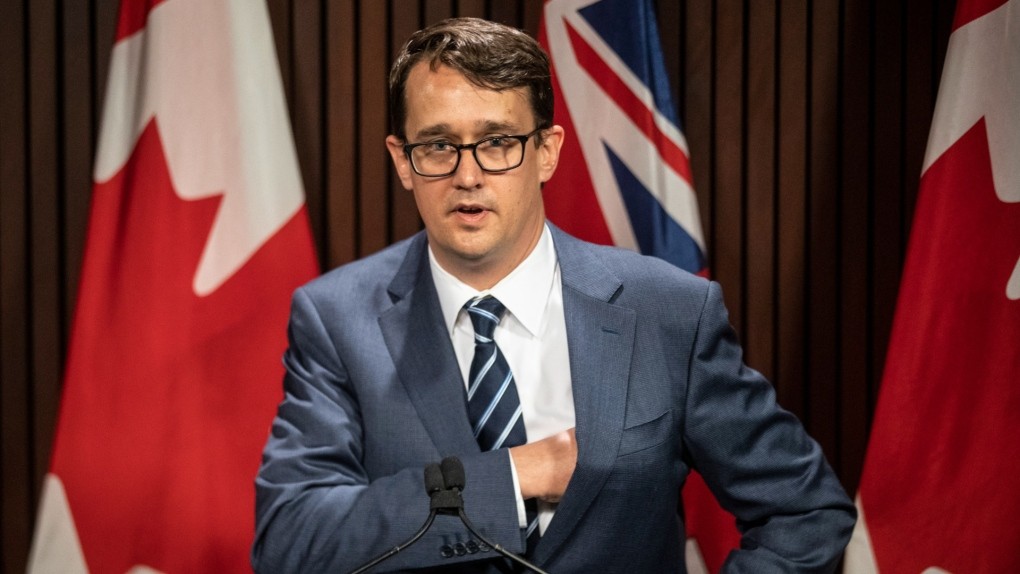Ontario paves the way for internationally trained engineers
With Ontario lifting work experience requirements, international engineers get a green light to fill job vacancies

Ontario Labour Minister Monte McNaughton – THE CANADIAN PRESS/Chris Young
An ambitious move by Ontario is set to become a catalyst for recruiting internationally trained engineers, as the province drops the requirement for Canadian work experience for their licensure. The new policy, touted as a “game changer” by Labour Minister Monte McNaughton, is expected to expedite the filling of approximately 7,000 vacant engineering positions across the region.
Prioritizing skills over location
“This change signifies a pathway for numerous qualified immigrant engineers to pursue their dreams over the coming years,” McNaughton declared during a press conference. It effectively removes a significant impediment for immigrants aspiring to secure well-paying jobs in their field of expertise.
The mandate for Canadian work experience, formerly a prerequisite set by various regulators, had been a notable barrier. The shift has been applauded by the Professional Engineers Ontario (PEO), which has transitioned to a competency-centred model over one reliant on geographic experience.
“Professional Engineers Ontario is the first regulatory association to adopt this change,” McNaughton pointed out, a transition that aligns with Ontario’s legislation introduced in October 2021. This legislation prohibits regulated professions and skilled trades from mandating Canadian experience qualifications.
Wide impact beyond engineering
The legislation has wide-reaching impacts, covering over 30 non-health-care-related professions and trades, including architects, accountants, and electricians.
“The move will serve the public interest, ensuring all licensed professional engineers meet rigorous qualifications and that only properly qualified, competent, and ethical individuals practise engineering,” stated Christopher Chahine, Vice-president of the PEO, at the news conference.
In Ontario, around 300,000 jobs currently remain unfilled, and only a quarter of internationally trained immigrants work in professions they studied. McNaughton said, “It doesn’t take a math major to figure out these numbers don’t add up.”
A welcome move by advocates
Sara Asalya, executive director of Newcomer Women’s Service Toronto, called the change a “huge win” for advocates working for the removal of unfair measures that face internationally trained professionals. “We look forward to seeing other regulatory bodies continue to work to remove these Canadian experience requirements,” Asalya said.
The provincial government shared that in 2019, engineers were the fourth largest regulated profession in Ontario, with 85,649 members, and of those, there were 24,258 internationally trained members registered in the profession.
The labour minister expects regulators in Ontario to proactively drop any existing Canadian experience qualifications before the end of the year. This move marks a major shift in recognizing international qualifications and experience and could signal a new era for internationally trained professionals in Canada.

